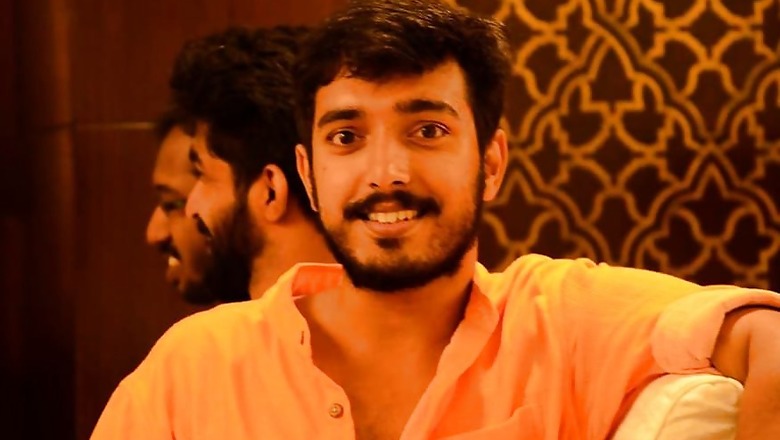
views
Kochi: As the Supreme Court gears up to review the controversial law that criminalises gay sex, some like Muhammed Unais, a 25-year-old Kerala Muslim who was the first man from his religion and state to come out of the closet, say it still doesn’t mean that it would become easier to live in the society as a practising Muslim, who is gay.
Last week, a three-judge bench of the Supreme Court headed by Chief Justice of India Dipak Mishra decided to revisit the 2013 verdict upholding Section 377 of the Indian Penal Code that bans consensual sexual acts between members of the same sex, and referred a petition against the controversial colonial law to a larger bench.
While the Supreme Court verdict rekindled hope among the LGBTQ community across the nation, how much will this help people like Unais?
Unais, who holds a post graduate degree in English literature, says his family was nearly ostracized and death threats had become the normal.
“My gay identity has cost me a lot of friends who started distancing themselves after I came out. Even those who support me are afraid to come out in public and lend support fearing backlash from the society,” says Unais.
Unais remembers how the Khateeb, one who gives sermons during Friday prayers, started shaming his parents in public. “Without taking our names, he said that this is what happens when you send your children for higher studies,” says Unais.
It all started after Unais attended the LGBTQ parade in Kochi last year. He had uploaded a photo of himself on Facebook, wearing a black lungi and a green shirt. His inbox was flooded both with messages of support and hate.
Being gay and practising his religion has now proved to be a task for Unais, who no longer attends prayers at the mosque, something that has been an important part of his growing up. Every time he would visit the mosque, the crowd there would stare at him or ask questions.
Unais, however, is of the opinion that Islam has always been a good place for queer people.
“I strongly believe Islam is very accepting but many Muslims are not. It is the existing social norms and the society that against us. There are many, including some Muslim scholars who lend support to the LGBT cause, but in private. They hardly come out in public fearing a backlash,” says Unais.
Unais remembers, as a child, his on only prayer at the dargahs would be to get his sexual orientation changed. However, three years ago, Unais finally mustered the courage to come out.
The 25-year-old feels that the Quran supports the rights of the LGBTQ community. “It is the wrong interpretation of Quran that proves the basis for many who argue that Islam doesn’t support gay rights,” he says.
Many years ago, when a movie named ‘Chanthupottu’ was released, with actor Dileep playing an effeminate man, Unais became the subject of mockery for his classmates. In a recent Facebook post, Unais shared the experience and leading Malayalam actress Parvathy Menon came out in support of Unais and apologised for “what her industry had done in cementing a common mindset against sexual minorities”.
While Unais’ parents have always supported him, they have often feared how the society will treat him. “Once my mother asked me why Chekannur Maulavi, a progressive Islamic cleric, was killed and why the hands of Joseph Master were chopped,” he says.
Chekannur Maulavi was known for his controversial and unconventional interpretation of Islam based on Quran. In 1993, he disappeared under mysterious circumstances and is now widely believed to be dead. In 2010, people belonging to an extremist, fundamental group chopped of Professor TJ Joseph’s hands as punishment for “blasphemy”.
“Ever since I have announced my identity on Facebook, threat calls have become normal and mostly from Muslims with extremist ideas. They say I am maligning their religion.” One of them even went on to say that he’ll kill him by that evening.
Thus, Unais still believes that scrapping of Section 377 would not make much of a difference for people like him, until the society changes.











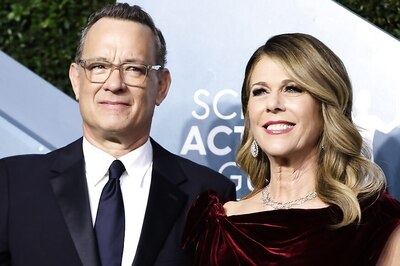
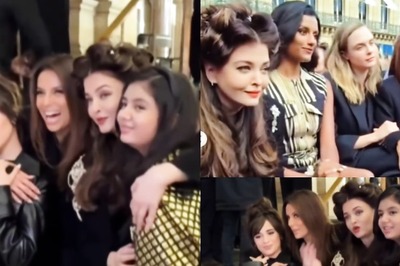



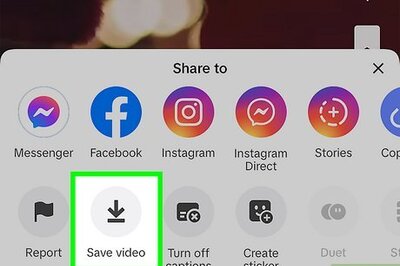
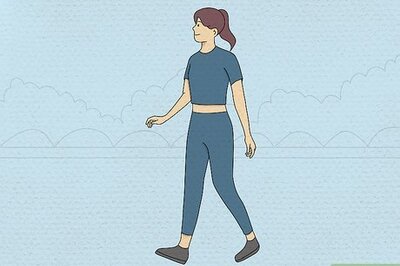
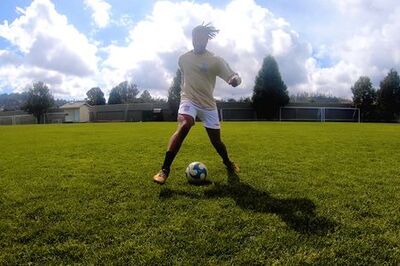
Comments
0 comment